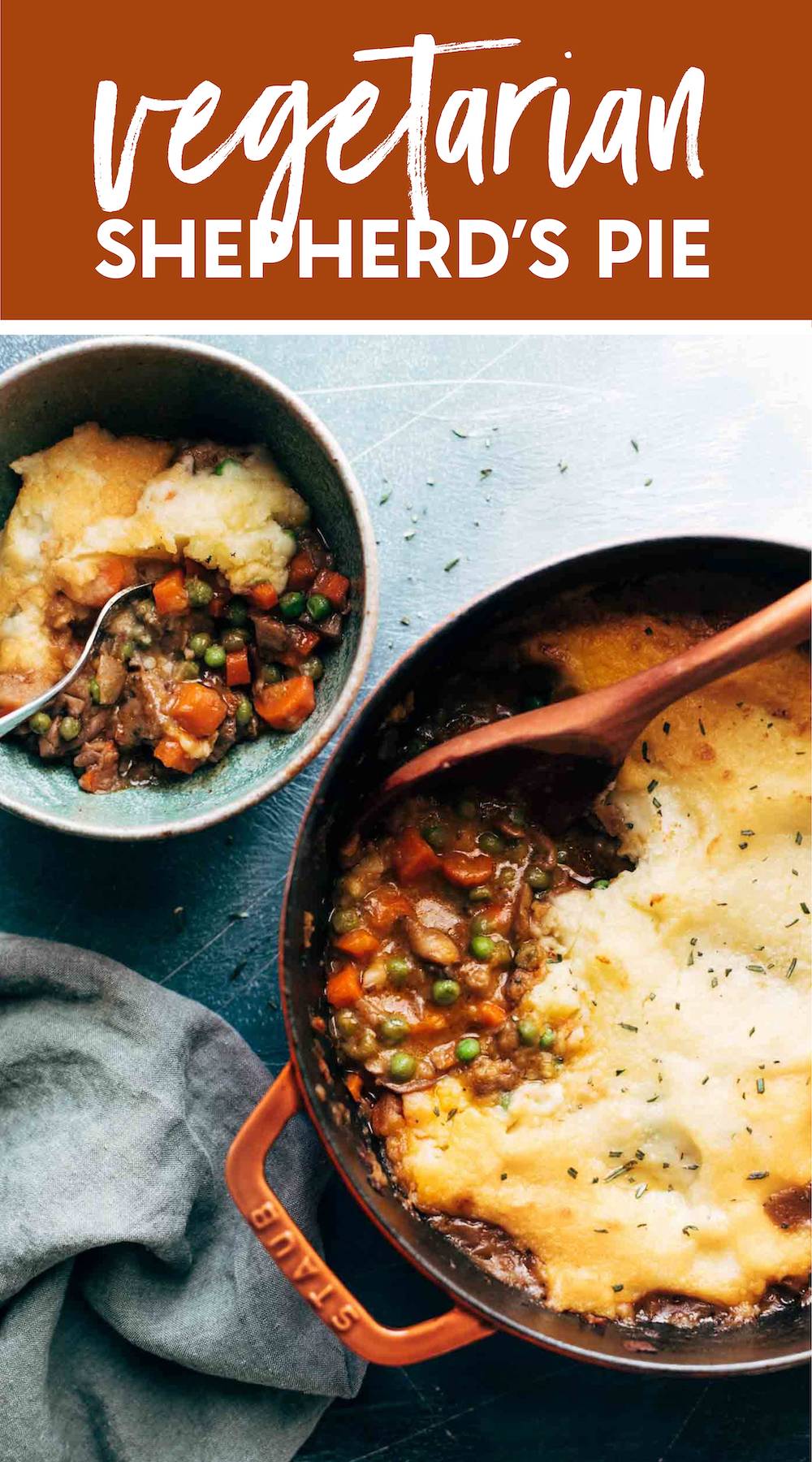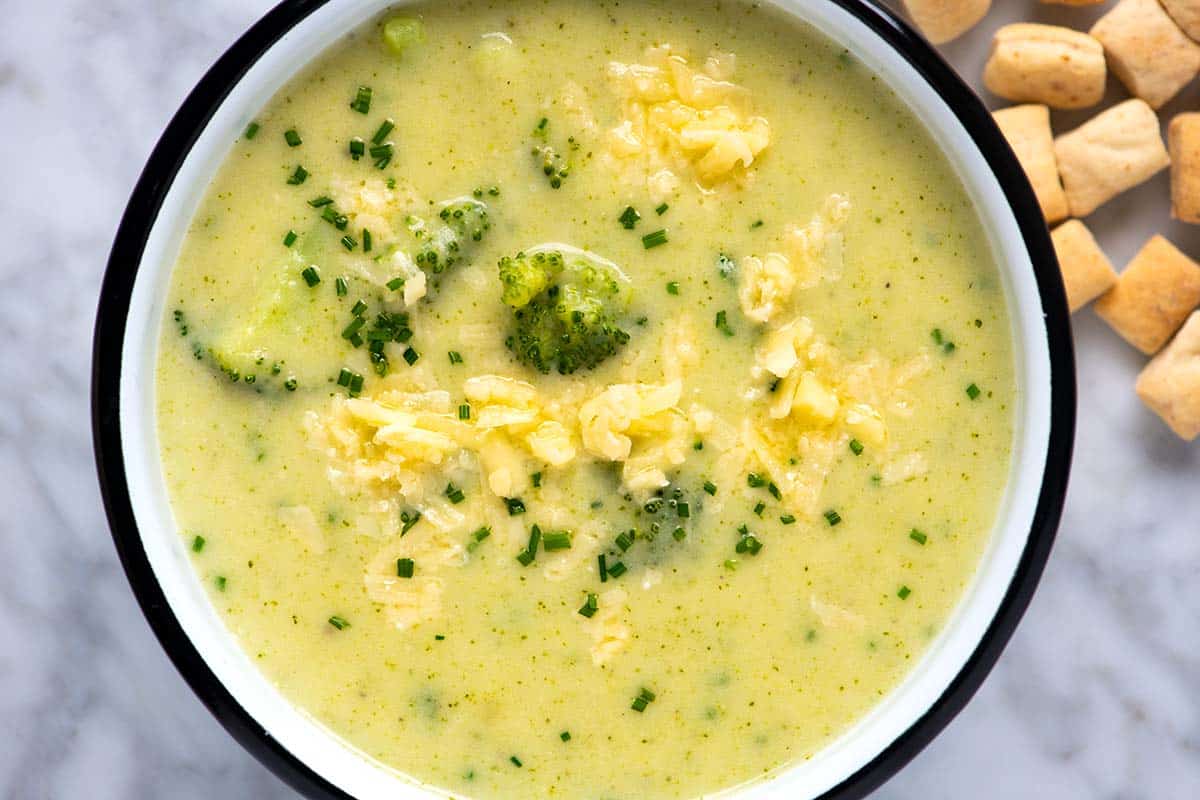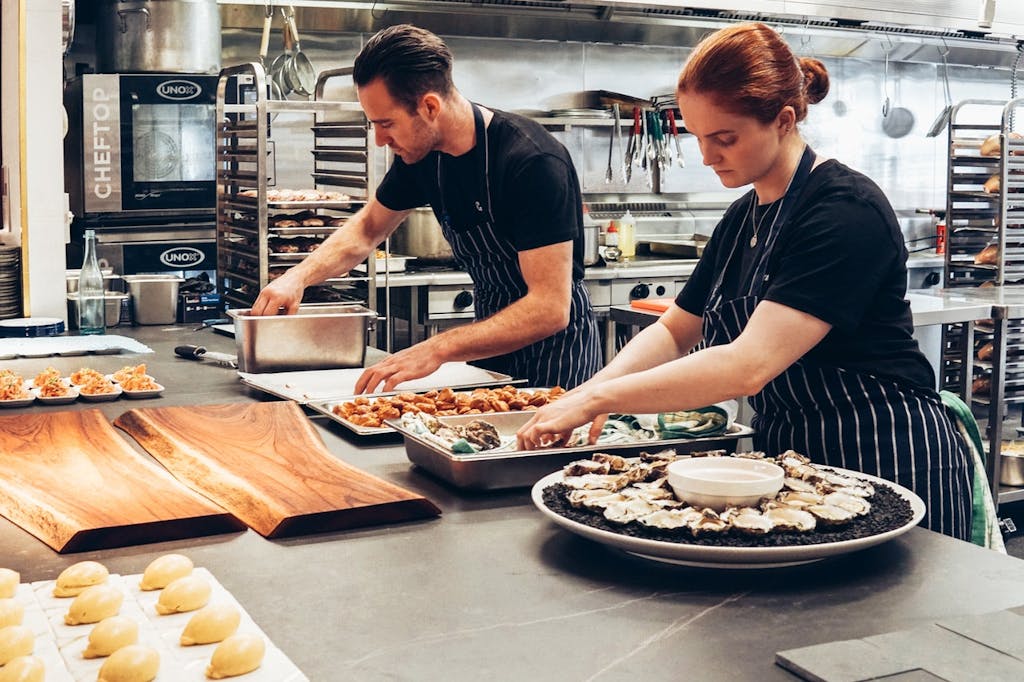Padma Lakshmi Embedded With Immigrant Chefs to Tell the Real Story of American Food


You’d be hard-pressed to find a longer resume in the world of food journalism—or even entertainment—right now than that of Padma Lakshmi. An Emmy-winning TV host, she’s also a cookbook author, a venerable producer, and a powerful activist. Her reign on Top Chef as a host and a judge, plus an EP, is nearing 15 years, and in 2009, she co-founded the Endometriosis Foundation of America. She works with both the United Nations Development Program and serves as an ambassador to the ACLU. And if you’re wondering who currently serves as the mayor of Twitter, look no further than her inspiring, occasionally incendiary, feed.
It’s an incredibly wide range, and it all informs her addictive, compelling new show, Taste the Nation. The 10-episode series, which she developed, produced, and hosts, debuts Thursday on Hulu. The driving question, as she embeds in immigrant communities, exploring their cuisines, is: What is American food? And while it’s a thought that has haunted her for decades, it was in the wake of the 2016 election that Lakshmi knew it needed to be interrogated more thoroughly. “I started working with the ACLU,” she recalls, “and at first, I was just learning and I always referenced my own immigrant experience to explain my point of view.” After a time, her scope widened. “I wanted to talk about somebody other than myself.”
On the hunt for a new cookbook idea and passionate enough about the topic of immigration that she hoped to do a show just on it, a fusion eventually became obvious. “I showed my producing partner my proposal, and he said, ‘You know what, we should combine these two ideas,’” she explains. And so the Taste the Nation project began.
In a wide-ranging interview before the show’s debut, Lakshmi talked about when she feels most patriotic, her own search for identity, and how she’s going to replace the old boys’ club mentality with “an old broads’ network.” What follows has been edited for clarity and length.
ESQ: Being outspoken about the things that need to change in this country, like you are, is often misconstrued as unpatriotic. But it’s undeniable, watching this show, that all of your activism comes from a place of deep love for this country.
PL: It’s totally from a place of love. I feel like it’s my duty, as an American citizen, to remind people of our better intentions and qualities. I feel very lucky and privileged to have had the immigrant experience that I had. My mother and I were welcomed here in the ’70s—that’s why it was so important for me to visit Lotus of Siam in Las Vegas and talk to Chef Saipin Chutima and those Thai women—because I wanted to remind people that America does have a history of being welcoming. That made all of the difference in these women’s lives.
ESQ: So much of food evolution comes from painful experiences, like colonization or war. As you discuss when you visit El Paso in the first episode, flour came to Mexico via the Spanish. Blood was shed in its introduction, but now it’s a base ingredient in many Mexican dishes. How should we feel about that reality?
PL: It’s important to just understand the origins of the foods we eat and love. We don’t have to negate flour tortillas, but we have to know why they’re part of that food culture. It’s the same—and one of the reasons I also wanted to do the show, just from a culinary perspective—in that we have a lot of people in mainstream media covering some of this food, but I’d really like to hear from the people who actually brought it here. I want to make sure that the people from that community get to speak about their own food.

ESQ: If it’s not eternal, it’s at least cyclical, the debate on what is appropriation in food.
PL: It’s hard, and actually the goalposts move as our society evolves our point of view about these matters. If you look at the title of my first cookbook, Easy Exotic, I cringe when I see that now. But at the time, I was trying to convey, “I’m going to make this more familiar to you.”
And look, I cook other cuisines all the time, right? I’m not saying you can’t speak to that food unless
you’re from that community. That’s dumb. But what I think should happen is that you can very quickly, with two sentences of copy, either in an article or a headnote for a recipe—or in an interview when you’re explaining a recipe—say, “I tasted this here,” or, “I’m inspired by a recipe that I found in this book,” or, “When I traveled…” All you have to do is cite the source. A little bit of that goes a long way to the rest of us who feel like we haven’t been represented that much in mainstream food media.
The discussion of appropriation is important to have. As an Indian woman, I have seen my own cuisine and spices appropriated a lot. I mean, turmeric. If a white person puts up a recipe for a dish that looks vaguely Indian, like curry, all of the sudden it’s the biggest rage. That stuff’s been going on for 5,000 years. It would be nice if someone said, “Look, I know I’m not the expert on it, but I love a version of this dish that I had.”
ESQ: In the episode on Indian food in America, you have a discussion with Madhur Jaffrey about how she left India to come to America because of the “glass ceiling” she couldn’t break through there. Do you feel like, we have made so much progress, or does any part of you feel like, I hit my head on the same roof?
PL: The one thing I have to thank Trump for is waking my consciousness up. A lot of the rights that we thought were a given, because our mothers in the ’70s fought for them, were not at all. We saw how easily and insidiously they can be slipped out from under us. Every generation has this convulsive moment where they take two steps forward and then one step back, and then they have to go forward again. This is a very, very, very long fight that happened before you and I were born and will continue past when my grandchildren are not alive anymore.

ESQ: In human history, the overwhelming majority of cooking has been done by women, but the food business and the restaurant world has been male dominated. Are things changing?
PL: It’s too early to tell. A lot of this very male, bro-y culture, especially in professional kitchens, has been brought to light because of Time’s Up. I don’t know how long-lasting it will be. The back-of-the-kitchen culture is an interesting culture. Often the point of entry is pretty low, which is why you get immigrants or people who may not be as educated or [people who] had a hard life themselves. I think about this all the time, because I feel like the men do get the credit for everything. I’m kind of sick of it. Even all these big male chefs, they were more often than not inspired to cook professionally because of the women in their lives—their mothers, their grandmothers, their aunts.
Again, it’s about going to the source material. The more women who gain power who actively help younger women, the better off we will be.
ESQ: What does that look like?
PL: If you’re a woman in my age range and you have any bit of power, I always tell other women, find women in your own industry in their twenties. Seek them out and help them. I have three or four young women that I mentor. I have watched them blossom and it’s been so gratifying to be able to say, “Here’s my attorney’s number, make sure they look at your contract;” “Here’s how you do this;” “Make sure that every time you’re on camera, they flash not only your name but also your company’s name, because you’re not doing this for money, you’re doing it to help your business;” “Tell them that I have a piece of your business and that I won’t let you sign this contract unless it has certain parameters.”
It’s about giving young women the extra support they need. There’s always been this old boys’ network. I would like to establish a really strong old broads’ network.
ESQ: Finding yourself in this position of power has not been without a big identity search. At one point in the show, you reveal that you changed your name to Angelique to fit in. How do you look back on that time?
PL: I feel the same way about it as I feel about the title of Easy Exotic, but worse, in a way. The only excuse I have is that I live in the world we live in, and I was a teenage girl. My skin was brown and my neck was scrawny and I just didn’t want one more thing that separated me from being a “normal” American kid.
ESQ: Does revisiting that time in your life give you certain insight into how your daughter feels as she’s approaching her teenage years?
PL: We talk about it every day. Two nights ago, we had dahl and rice, and she was like, “I don’t want to eat.” I asked why not, and she goes, “It’s Indian food again.” I was like, “Our last four dishes weren’t Indian and P.S., you’re half Indian, and your mother, who is cooking this food, is Indian, so get over it.” We have, specifically about food, a policy. I’m not a short order cook. There’s one meal cooked fresh every day for dinner. If you don’t like that you can have a scrambled egg with sliced carrots or cucumbers and a tortilla. If you don’t like that, you don’t have to eat, but I’m not making you something else.
You have to learn to be gracious—not only at your mother’s table, but at your mother-in-law’s table, at your best friend’s table. It’s about raising her to be an empathetic, well-mannered kid, [teaching] that she can’t just be like, “I don’t like it.” Though, she does a measure of that, too. She’s ten. [Laughs]
ESQ: Before we go, I have to ask, are you wearing the coolest transition lenses I’ve ever seen in this series?
PL: I just got blind and needed to read as well as see! They’re not anything fancy. They’re just Ray-Ban sunglasses that I popped the lenses out of and got prescription lenses put in. It was born out of necessity, but I am glad that you like them.
You Might Also Like




:max_bytes(150000):strip_icc()/types-of-engagement-ring-settings-guide-2000-86f5b8f74d55494fa0eb043dee0de96e.jpg)

